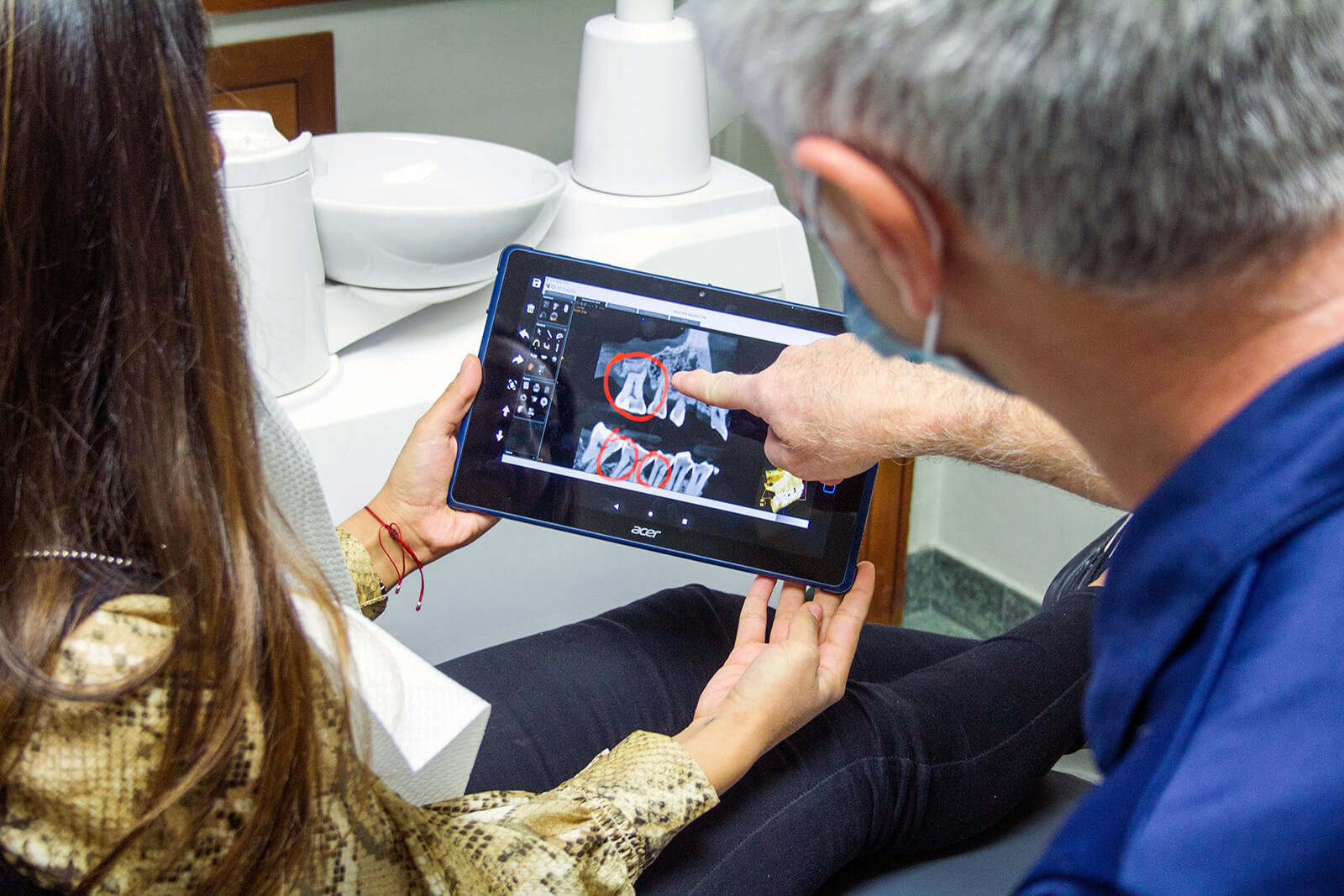New drug development requires a massive investment of time, effort, and resources. In light of the challenges associated with bringing a new drug to market, many pharmaceutical companies are showing a growing interest in drug repurposing.
Drug repurposing, also called drug repositioning, involves identifying and marketing new therapeutic uses for an existing drug. For pharma companies, it’s a strategy that can dramatically reduce development timelines and expenses. But it’s not always a fool-proof path to profitability – especially if you don’t have a solid understanding of your target market.
In this post, we’ll explore why timely, targeted pharmaceutical market research is essential when introducing an existing drug to new patients or physicians.
The Strategic Value of Drug Repurposing
When a pharmaceutical company decides to develop a new drug, it marks the start of a very long, expensive journey. To underscore the challenges of drug discovery and development, consider these statistics1:
- The average time from target discovery to approval of a new drug is 12 to 16 years.
- The failure rate of new drugs during this process is more than 90%.
- The cost per successful drug developed averages $12 billion.
Now compare these numbers to the investment required to repurpose an existing drug, and the strategic advantages become clear.
Getting approval for a new indication takes half the time (6 years), while requiring a fraction of the financial commitment ($1.6 billion). The approval rate is also three times higher – with 32% of drugs gaining at least one new indication approval.2
For pharma companies, drug repurposing promises clear financial benefits. But finding new indications for existing drugs is good for patients, too. Because a drug has already been proven safe and effective, repurposing that drug can help get beneficial new treatments in the hands of patients much faster.
In short, drug repurposing can open entirely new markets for pharma companies. But it also comes with its own unique set of challenges for commercial teams.
How do you determine the right strategy when launching an existing product into a new market? Do your current messages resonate, or do you need an entirely new sales and marketing plan? How can you manage physician perceptions when your drug already has a reputation in the industry?
Each of these questions can have major implications on your drug repurposing strategy. To set yourself up for a successful product launch, you’ll need trustworthy market research from the physicians who will be in the position to actually prescribe a repurposed or repositioned drug.
Here are a few common scenarios where on-demand surveys from KeyOps can help inform your drug repurposing strategy.
Repurposing a Drug for New Indications
Sometimes, data can suggest that an existing drug serves as an effective treatment for a completely new indication. For example, a diabetes drug may be found to help patients with weight loss. Or a drug that treats Crohn's Disease is also an effective treatment for Rheumatoid Arthritis.
In these scenarios, pharma companies need to treat the drug as they would a brand new product that’s hitting the market. Why? Because you’re targeting a completely new set of physicians – and an entirely new patient population.
Of course, this is easier said than done – especially when internal stakeholders may assume a drug can be marketed as-is. That’s where KeyOps comes in. We connect pharma commercial teams with a targeted group of physicians that represent your new target market, so you can get answers to important pre-launch questions, including:
- Quantifying the size of the market.
- Validating assumptions about physician needs.
- Mapping patient journeys.
- Identifying barriers to use.
With a better understanding of the competitive landscape, sales and marketing leaders can refine their physician targeting and gather feedback on key messages and campaigns before launch – effectively de-risking their drug repurposing investment.
Repurposing a Drug for Adjacent Indications
Not all drug repurposing will introduce a product to new treatment areas. In fact, many pharma companies have found success using an established drug to treat related or adjacent conditions within a certain disease state.
For example, a drug that is a leading treatment for congestive heart failure could also be found effective in helping patients manage high blood pressure. Or a drug marketed to treat colon cancer may also help patients with lung cancer.
Under these circumstances you’re targeting the same physician groups (cardiologists or oncologists). But that doesn’t mean you’ll find success taking the exact same approach to sales and marketing.
All too often, commercial teams make the costly mistake of assuming that product familiarity will translate into sales for adjacent indications. But just because a product has a history doesn’t mean you don't need to invest in the same level of upfront research, planning, and strategy development as a new product launch. In fact, the opposite is often true.
Your drug will be treating an entirely new patient population with different characteristics and needs. And sometimes, fighting through the preconceived notions and behaviors that have built up around your existing product can be more challenging than marketing a brand new drug.
As you plan for your product launch, understanding prescriber attitudes and behaviors will be critical to long-term success. By tapping into targeted physician insights, KeyOps can help you come to a better understanding of your market – then develop a compelling message that resonates with both patients and physicians.
De-Risk Your Marketing Investment with KeyOps
With KeyOps, pharma companies can take a data-driven approach to drug repurposing. Whether you need to quantify the size of a potential market or optimize your go-to-market strategy, our timely, targeted approach to physician market research can help. To learn more, request a demo today.

This is a brief blurb that should summarize what loop does. Maybe it will serve as a brief intro to some of the features?

.jpg)




